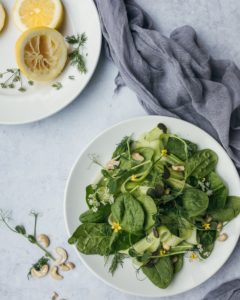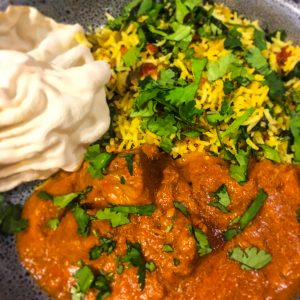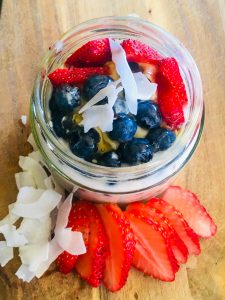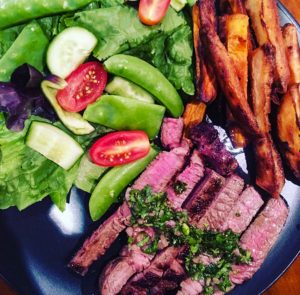Most people know there’s a connection with what we eat and its effects on our body. Not everyone has studies nutrition or is an expert but most people know of “good’ or “bad” foods and are quite aware that certain foods may not be great for them.
 If you have read my other blogs, seen me in the clinic, or even just chatted to me socially, you’ll know how much I love talking about gut health. This is because I see every day in clinic just how much ones gut health contributed to their state of health or disease. And food, well food is one of most important contributors to the health of our gut. With each mouthful we eat, we get to choose if it will be a positive contribution or a negative one.
If you have read my other blogs, seen me in the clinic, or even just chatted to me socially, you’ll know how much I love talking about gut health. This is because I see every day in clinic just how much ones gut health contributed to their state of health or disease. And food, well food is one of most important contributors to the health of our gut. With each mouthful we eat, we get to choose if it will be a positive contribution or a negative one.
What we eat matters for lots of different reasons. Our food is supposed to provide all the building blocks essential to life and optimal cell function.
- Protein, fat and carbohydrates for growth, energy, cell function and more
- Antioxidants, vitamins and minerals
- Fibre, polyphenols and prebiotics for gut health and more
The right fuel for our body supports energy, boosts happiness, increases mental functioning, helps maintain appropriate body weight, prevent specific illness and supports your immune system.
We also know certain foods affect our health in a negative way. Food is often behind many symptoms, sometimes exacerbating the issue, other times the direct cause:
- Eczema, psoriasis and hives
- Sinus problems and hay fever
- Joint pain and inflammation
- Headaches and migraines
- Anxiety and depression
- Bloating, abdominal pain, constipation and diarrhea
- Insomnia and sleep disturbances
- Lethargy, sluggishness and poor energy, just to name a few.
There are many ways we can approach improving our diet if we feel it’s at play in our health story. We can choose to frame it from a perspective of what we should or shouldn’t eat – setting up rules about “not eating xyz”. Sometimes this is essential- as in the case of coeliac disease, food allergies or specific foods which you know trigger a reaction every time you eat them. It can also be advisable for short periods of time in order to elicit a particular change or improvement (when undergoing gut repair treatment for example). However it can be very hard to stick to these “rules” if it’s just because someone told you to eat a certain way.
A more sustainable approach can be to frame it from the perspective of “what we want more of”. Placing our focus on what we want to eat more of or how we want to feel. This can naturally begin to crowd out the less than desirable in your diet. You begin to eat from self-love, not restriction. With improved health and balance from better food, there’s often less desire to eat poorer quality foods that leave us feeling depleted. It’s well worth investing time, energy and money into the support required to change what can be an unhealthy cycle of ‘poor gut health and food cravings’ to a healthy cycle of ‘improved gut health and healthy eating’. If you need any more support or have any questions then feel free to contact us at the clinic.
We are always happy to point people in the right direction with their health. You can book in for a free 15-minute Health Strategy session by clicking the link and seeing what appointments we have available.
Share the love

About Sandi
Sandi Cooper is an experienced Naturopath working in clinical practice for almost two decades. Her clients love her down-to-earth approach and her naturally caring qualities. Although Sandi is experienced in most areas of clinical practice, she has a special interest in children’s health and nutrition, working with parents to get the best outcomes for their children.




